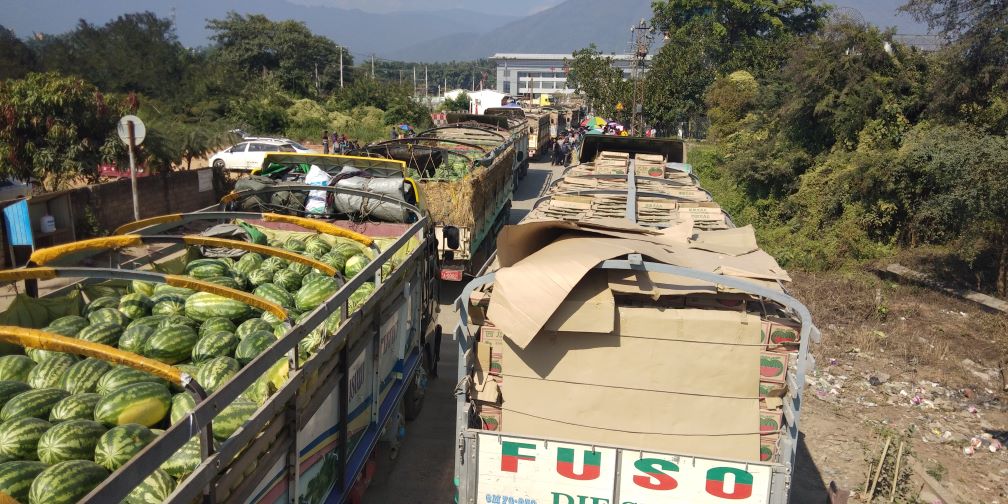CNI News
7 November 2024
Although the government has designated that 25 percent of eight kinds of imports including rice, oil crops, rubber and aqua products must be exchanged at the rate of the Central Bank of Myanmar in the past.
At present 25 percent of export earnings from onion, garlic, pulses, oil crops and fruit must be exchanged at the rate of the Central Bank starting from 1st November 2024 whether they are exported through border trade or by sea and the 75 percent can be exchange at the market price.
Designating like that could decline the onion market and buying onion to export could decrease as well, Ko Tin Hain, an onion trader from Myingyan, told CNI News.
" Because the tax that has to be paid has turned higher, the market can decline. Exporters can't buy a lot of onion. Buyers who will export onion are watching kind of." he said.
It could impact on the onion market to an extent, depending on the onion remnant; at present the price of onion was without up or down, said U Moe Kyaw, an onion trader.

While seeing trucks carrying watermelons
" In my opinion, there could be an impact on the onion market, depending the onion remnant. It will take about 90 days to make new onion get to the market. There will be repercussion to an extent. That's why the price hasn't gone up anymore starting from the day when the news came out, I think." he said to CNI News.
However, the change regarding export earnings from fruit would impact a little on fruit traders, Ko Thitsar, a watermelon and cucumber trader told CNI News.
" In the border trade with China, there are companies that provide service to the traders in the matters regarding the duty on the Myanmar side. Nine out of ten traders work with the companies. So, this designation regarding export earnings impacts a little on the traders." he said.
35 percent of export earnings from rubber, corn, pulses, oil crops, aqua products, animals and related products, rice, broken rice and sugarcane must exchange at the price designated by the Central Bank starting the end of 2023, imposed the government.
After that, only 25 percent of the export earnings must exchanged at the price designated by the Central Bank, released the government in August, 2024.
At present, export earnings from cotton, cane, bamboo, pulses, onion, crops, metal and ore minerals, and other minerals must be exchanged at the price designated by the Central Bank.




